Physical Address
B) The size of the city
Psychological, Social, and Biological Foundations of Behavior Section: Overview
The Psychological, Social, and Biological Foundations of Behavior section asks you to solve problems by combining your knowledge of foundational concepts with your scientific inquiry and reasoning skills. This section tests your understanding of the ways psychological, social, and biological factors influence perceptions and reactions to the world; behavior and behavior change; what people think about themselves and others; the cultural and social differences that influence well-being; and the relationships between social stratification, access to resources, and well-being.
The Psychological, Social, and Biological Foundations of Behavior section emphasizes concepts that tomorrow’s doctors need to know in order to serve an increasingly diverse population and have a clear understanding of the impact of behavior on health. Further, it communicates the need for future physicians to be prepared to deal with the human and social issues of medicine.
This section is designed to:
- test psychology, sociology, and biology concepts that provide a solid foundation for learning in medical school about the behavioral and sociocultural determinants of health;
- test concepts taught at many colleges and universities in first-semester psychology and sociology courses;
- test biology concepts that relate to mental processes and behavior that are taught at many colleges and universities in introductory biology;
- test basic research methods and statistics concepts described by many baccalaureate faculty as important to success in introductory science courses; and
- require you to demonstrate your scientific inquiry and reasoning, research methods, and statistics skills as applied to the social and behavioral sciences.
Exam content will draw from:
Discipline:*
- Introductory psychology, 65% **
- Introductory sociology, 30%
- Introductory biology, 5%
Foundational Concept:
- Foundational Concept 6, 25%
- Foundational Concept 7, 35%
- Foundational Concept 8, 20%
- Foundational Concept 9, 15%
- Foundational Concept 10, 5%
Scientific Inquiry and Reasoning Skill:
*These percentages have been approximated to the nearest 5% and will vary from one test to another for a variety of reasons. These reasons include, but are not limited to, controlling for question difficulty, using groups of questions that depend on a single passage, and using unscored field-test questions on each test form.
**Please note that about 5% of this test section will include psychology questions that are biologically relevant. This is in addition to the discipline target of 5% for introductory biology specified for this section.
A note on the recent revisions to the Diagnostic and Statistical Manual of Mental Disorders (DSM) and the Psychological, Social, and Biological Foundations of Behavior section of the new MCAT ® exam
MCAT Psychology and Sociology: Everything You Need to Know
High-yield tips to help you improve your MCAT Psych/Soc score
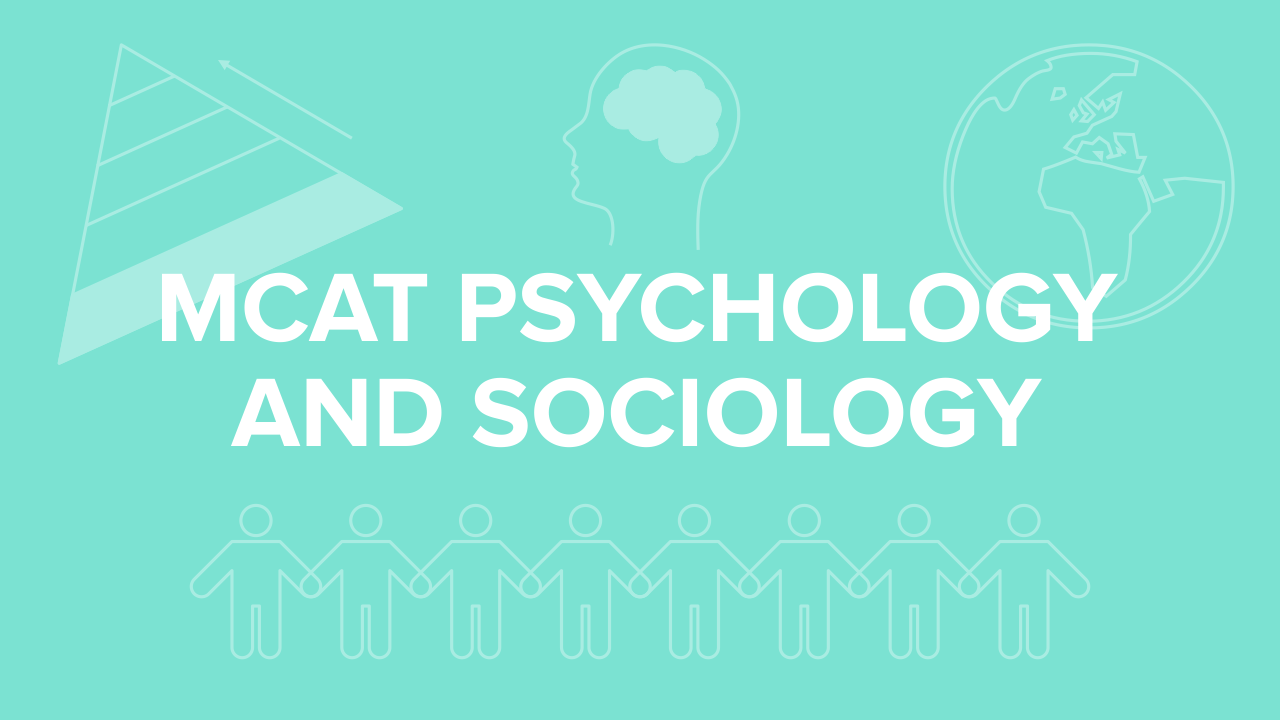
Part 1: Introduction
Part 2: The psychology and sociology topics you need to know for the MCAT
Part 3: MCAT psychology and sociology study strategies
Part 4: MCAT psychology and sociology practice questions
Part 1: Introduction
The MCAT psychology and sociology section is the final section of the exam. You’ve made it through the previous three sections, and you’re on the home stretch. Unfortunately, many students become complacent during this section and finish very quickly. It’s important to remember, though, that the psych/soc section of your MCAT makes up 1/4th of your overall score!
We all know how important the MCAT is for medical school admissions. A good MCAT score can significantly improve your admissions chances and put you one step closer to placing “Dr.” in front of your last name. But, the MCAT is a long and hard exam, so you’ll need to optimize many areas of your test prep (such as your study schedule) to perform well.
The psych/soc section of the exam is a critical component of your score. You can perform well on this section without having taken a psychology or sociology class, and this guide will provide all of the content you need to know for the MCAT psychology and sociology section. We’ll provide a toolbox that you can use to get these questions right, in addition to study strategies you can use to maximize your score. Let’s get started!
Part 2: The psychology and sociology content you need to know for the MCAT
Note: Clicking on any of these thumbnails will take you to a comprehensive guide on that topic.
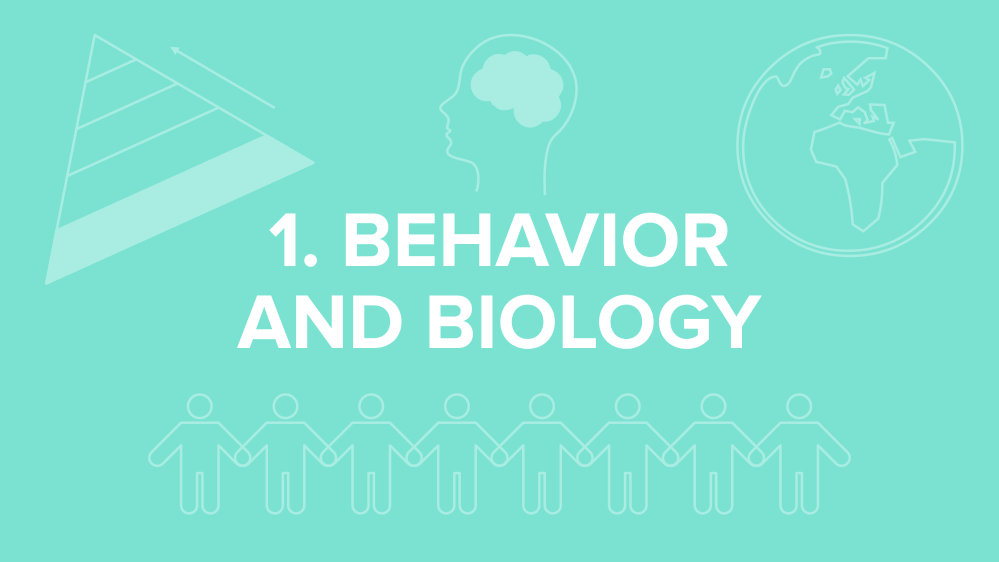
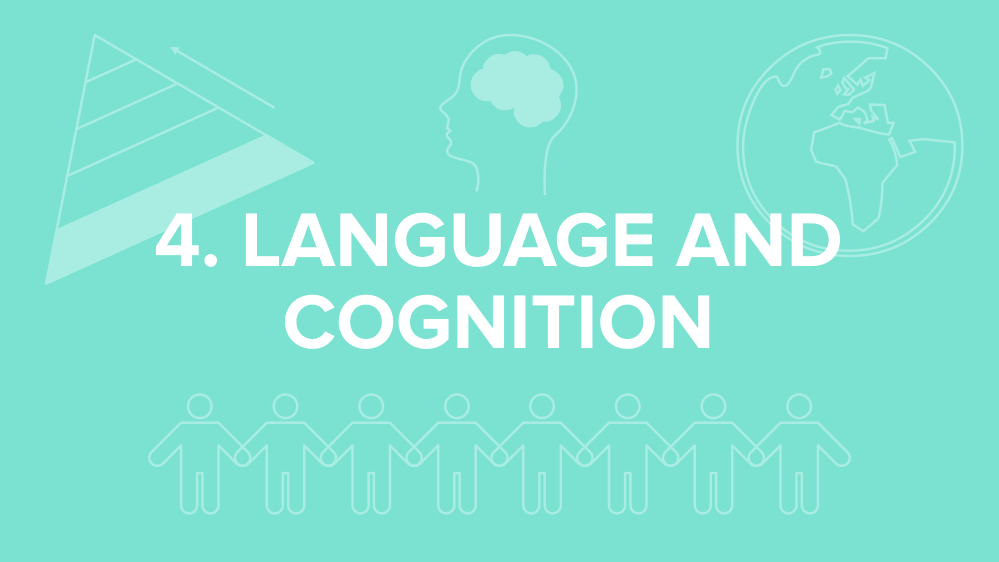
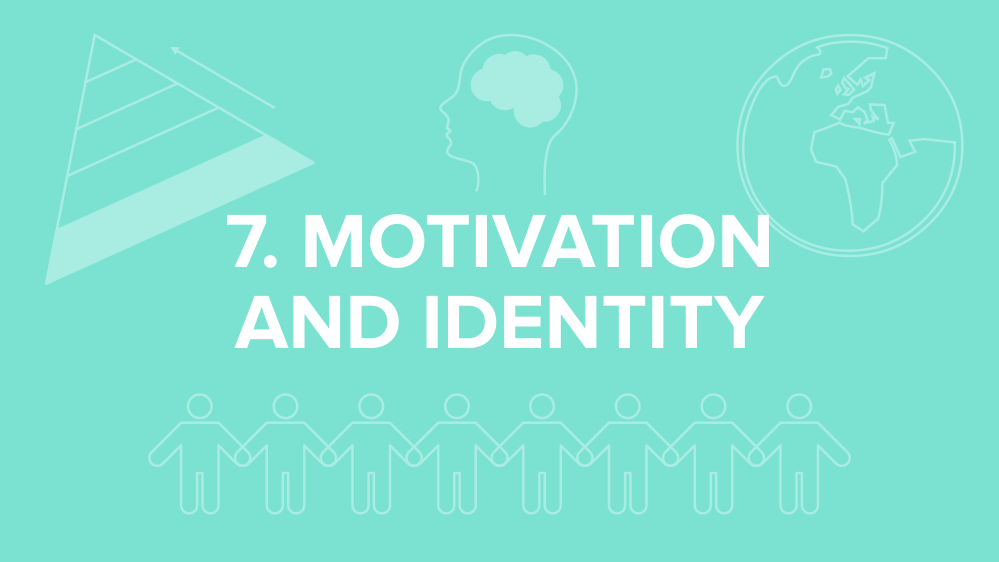
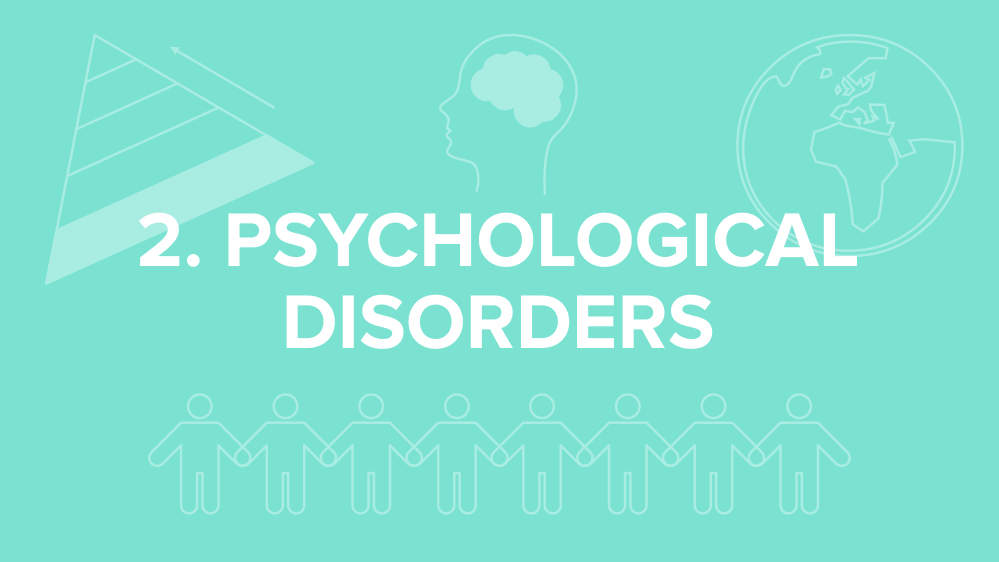

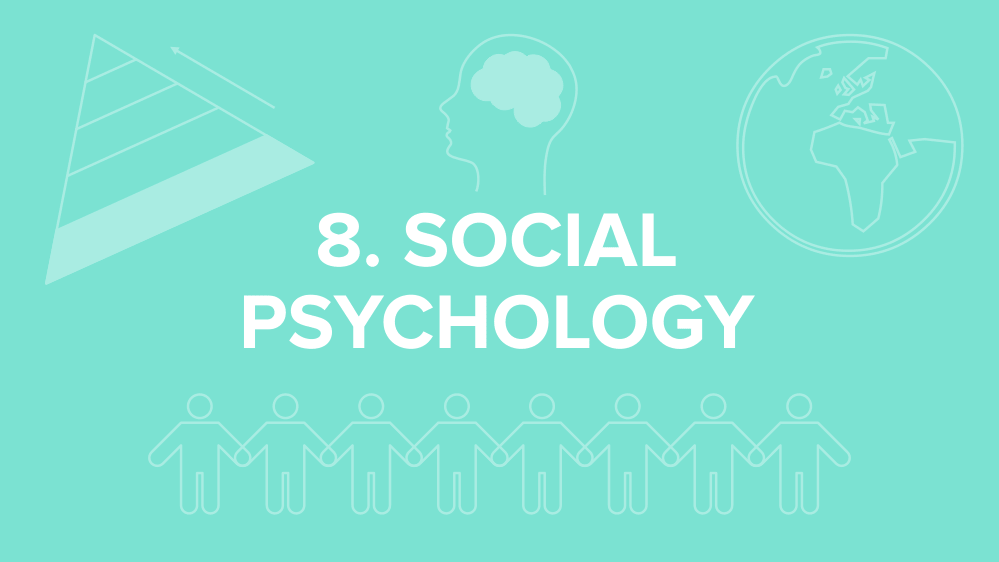
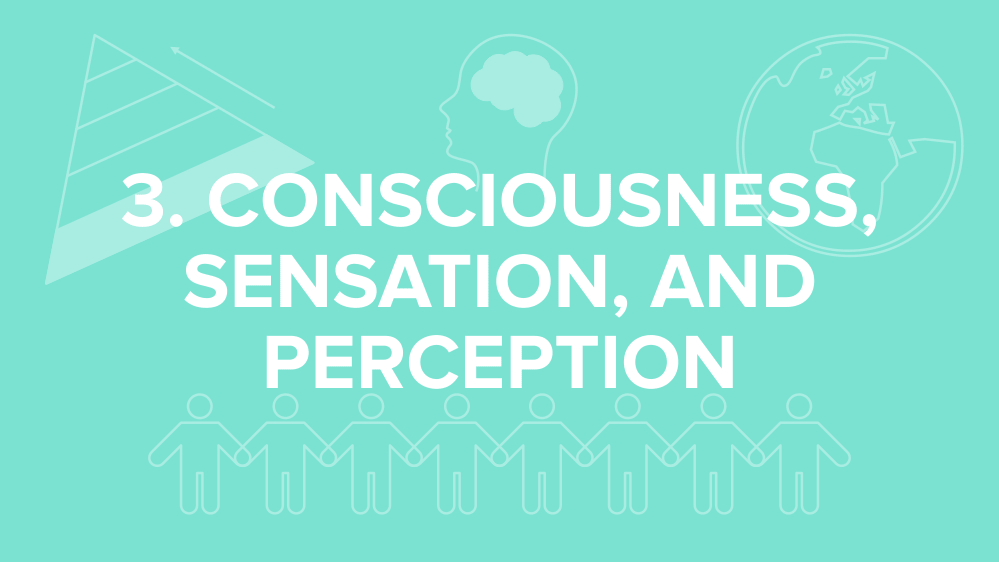
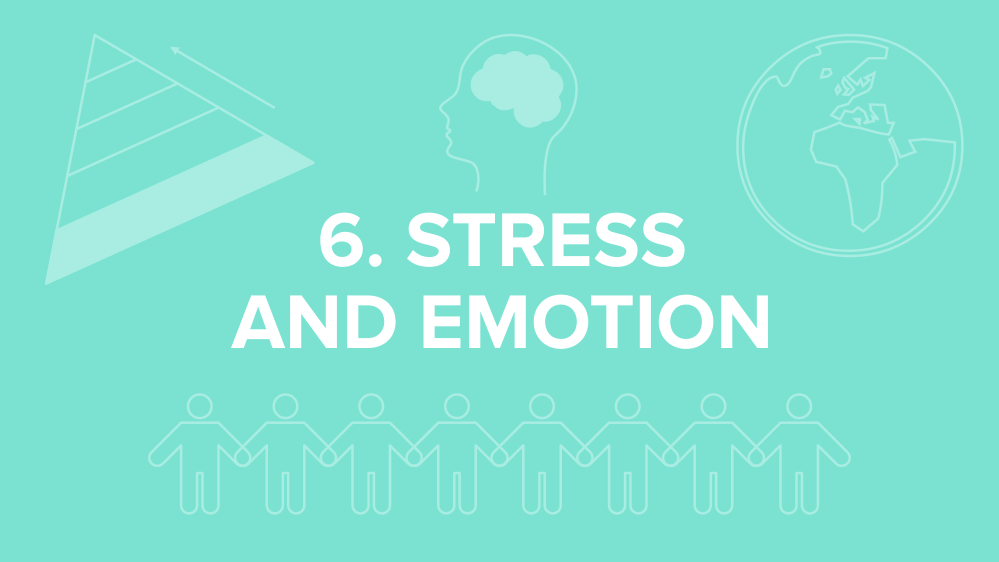

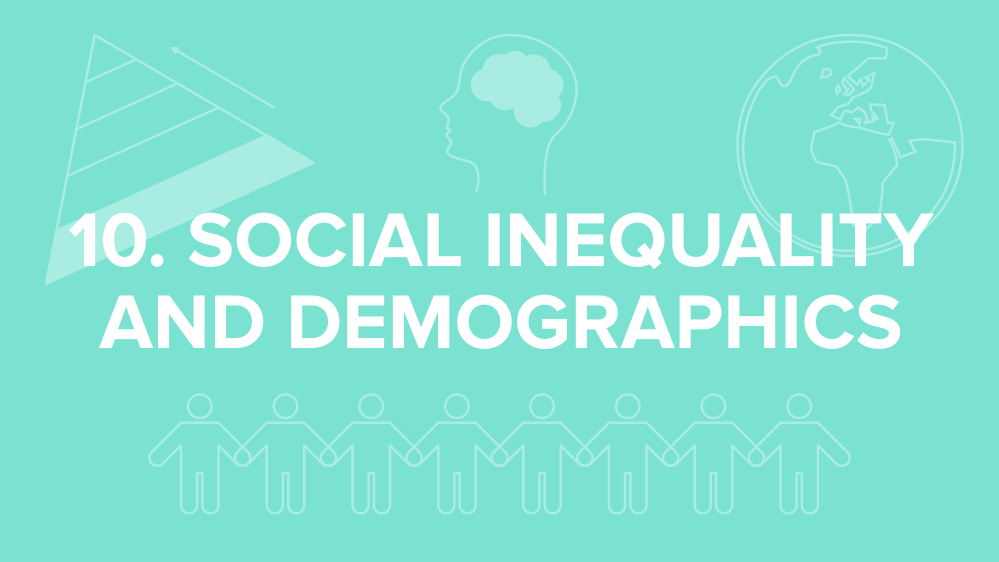
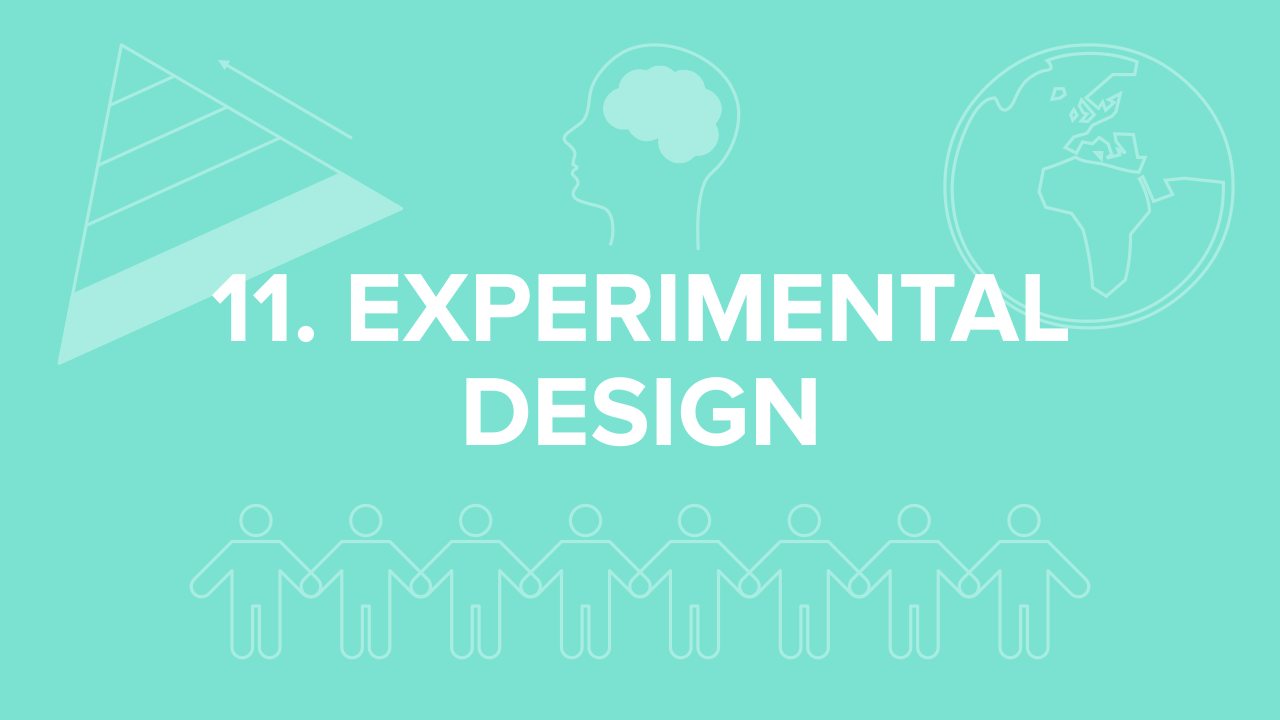
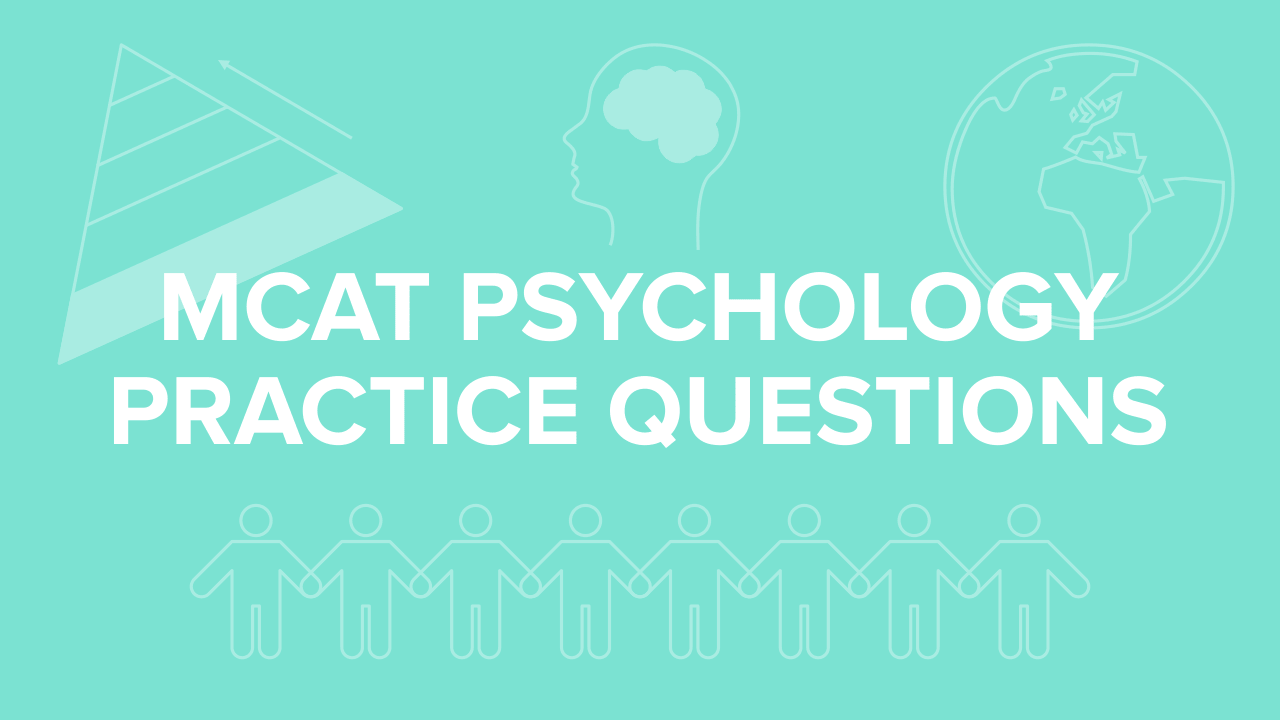
Part 3: MCAT psychology and sociology study strategies
MCAT Psychology and Sociology Tip #1: Know any vocab words that show up on practice questions you take and write down any words you don’t know.
Many questions on the psych/soc section test your ability to distinguish between a set of terms. Let’s say you see the following question on your exam:
After a tornado, a student claims that she knew it was coming several months before it happened. This is an example of:
A) Hindsight bias
B) Representativeness heuristic
C) Availability heuristic
D) Cognitive dissonance
If you don’t know what the definitions of the words are, you will not be able to answer the question correctly. In this case, the answer is hindsight bias, which describes a fallacy where a person believes they knew something was going to occur when in reality there is no way that they could have made that prediction.
If you didn’t know what hindsight bias meant before this question, you would likely find answering the question correctly very difficult. So, anytime you get a psych/soc question and you do not know the definition of a term, write the definition down on a set of flashcards. Writing the term and the definition down, however, is not quite enough to get all MCAT questions right, especially when you get to trickier terms that never seem to stick, no matter how many times you memorize them!
Let’s move on to our second tip.
MCAT Psychology and Sociology Tip #2: When you define a psychology/sociology vocabulary term, include with it an example that makes sense to you.
What is an example of hindsight bias? The example can come directly from the question itself! You would write the following:
Hindsight bias: when an individual or group believes that they knew something was going to occur when in reality there is no way that they could have made that prediction. Example: After a tornado, a student claims that she knew it was coming several months before it happened.
Utilize the already written out AAMC practice questions to your advantage. Going back to our example, we would also want to define and write down an example for our other answer choices if we didn’t already know what they meant.
MCAT Psychology and Sociology Tip #3: Anytime you receive a passage with a graph or a figure, make sure you go back and review each figure thoroughly.
During your actual exam and while you take practice, you will often not have time to fully understand any graphs or figures presented. In fact, you should not spend too much time on any one given figure unless a specific question is asking you about it.
Once you finish taking a passage, however, you should make sure to go back and understand every part of every graph or figure in the passage. What is the value in this? The more practice you get analyzing graphs or figures without a time crunch, the better you will be able to quickly analyze them when there is a time crunch.
MCAT Psychology and Sociology Tip #4: Practice identifying the independent, dependent, and control groups within experiments mentioned in the passages.
In addition to vocab and applying vocab, the test writers at the AAMC really like to test students on psychology and sociology experiments. Students who have a great grasp of the vocab often struggle on experiment-style questions because it is easy to get lost in complex experiments.
Our tip is to practice identifying and writing down the key components of any experiment. What are the researchers changing on purpose? That is our independent variable. What are the researchers measuring as an outcome? That is our dependent variable. And what must the researchers hold constant in order for their results to hold true? Those are the controls.
Let’s look at the following example to practice identifying these important experimental variables:
In a study, researchers want to retrospectively assess the effects of air quality on rates of cardiovascular disease in elderly patients. Group 1 contains patients currently between the ages of 60 and 65 who lived at least eight years within city limits in a city with a population above one million people while they were between 40 and 50 years old. They compare this to Group 2, which includes patients between the ages of 60 and 65 who lived at least eight years within city limits in a city with a population below two hundred thousand people while they were between 40 and 50 years old. Which of the following is a potential confounding variable that the researchers did not control for?
A) The effect of air quality in the city
B) The size of the city
C) Socioeconomic status
D) The number of years in the city
Now, before we answer this question, let’s identify our important experimental variables. What are the researchers changing on purpose? The only difference between Group 1 and Group 2 is the size of the city that the patients lived in. So, size of the city is our independent variable, and the researchers are using city size as an indirect measure of air quality. They make the assumption that a bigger city has worse air quality. Therefore, answer choices A and B are incorrect as they describe the independent variable of the study in different ways. Let’s now think about the dependent variable. What are the researchers measuring as an outcome? As the question says, the researchers are measuring rates of cardiovascular disease.
Next, what are the researchers holding constant across both Group 1 and Group 2? Each group has patients between 60 and 65 years old, and each group lived at least 8 of 10 years between the ages of 40 and 50 in their respective city. Let’s look at answer choice D: the number of years in the city. The researchers accounted for this by specifying at least eight years, so that is not our correct answer.
Now, let’s look at answer choice C. By process of elimination, we know this is our correct answer, but let’s take a closer look. At any point in the study, did the researchers account for socioeconomic status? If you answered no, you are correct. In order for the researchers to account for socioeconomic status, they would have needed to look at household income or another proxy variable. So, answer choice C is our correct answer here.
Use this exercise as an example of how to analyze the experiments that the AAMC will give you on the MCAT psychology and sociology section. Every time you see an experiment in this section, practice this exercise and you will master experiment-based MCAT psychology and sociology questions in no time.









